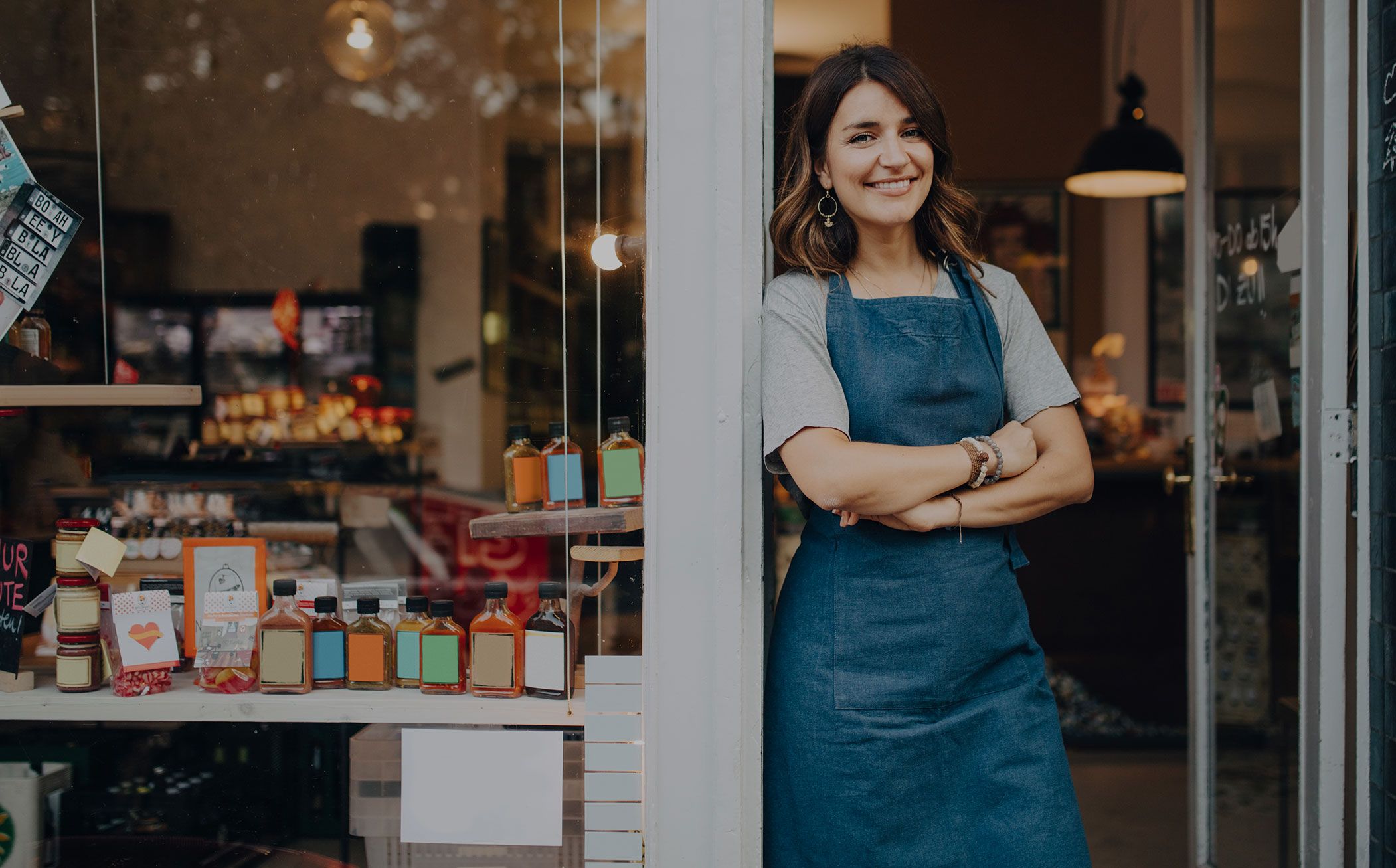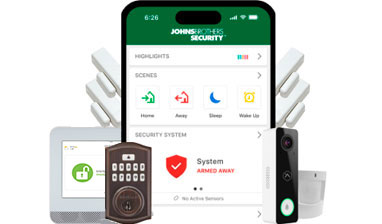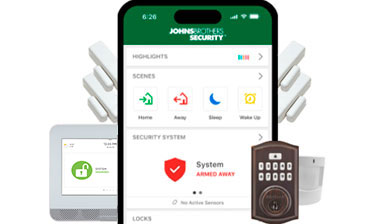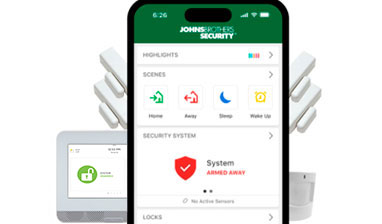
You’ve worked hard to create a business, putting your heart and soul—not to mention a major investment—into it. Video surveillance can help to protect it by monitoring the activity inside and out of your business and by providing you with real-time notifications of actions and recorded footage.
To get the best video surveillance system for your business, here are some things to consider when you’re ready to have a security system installed, specifically about the cameras themselves:
The resolution on the camera must be sharp enough to identify the subjects they are videoing. Some ratings you see may include the numbers 720p, 1080p, etc. The “p” stands for “pixels,” so the bigger the number, the sharper, more high definition the footage will be. Anything rated “mp” is for “megapixels.” Megapixels are a different way to express the number of pixels. For reference, a 1080p camera comes out to be about 2.1 megapixels. A higher-resolution camera will also provide a wider viewing range, so you may not need as many cameras for full coverage.
Video footage is actually just a lot of still shots that are pieced together and then played back. The camera frame rate relates to how many “pictures” it takes per second—the higher the frame rate, the smoother the video footage. For reference, real-time is measured at 30 frames per second. If you can get a camera that is rated at that or higher, you should have a good video.
Some cameras are specifically built for outdoor use and can withstand harsh weather conditions. A camera with a rating of IP65 can be used outdoors but should be protected from direct weather by placing it under some shelter, such as under the eaves of your roofline. Cameras with a rating of IP66 and IP67 are built to take direct weather, including driving rain.
The latest technology cameras can shoot equally well in well-lit and low-lit lighting conditions. Cameras that utilize what is known as low-light infrared can actually capture clear footage in completely dark settings.
There are select models of surveillance cameras that allow two-way communication through your smartphone or tablet. This feature is particularly good for businesses that keep their doors locked during business hours so employees can see if someone is at the door and can provide instructions without getting up or unlocking the door. It’s also a great remote option when the business is closed, and someone is at the door or trying to find a way in. You can ask what they are doing without even being at the office.
Video analytics allow you to be contacted by your smartphone or tablet to let you know that motion has been detected within the camera’s field of view. It also triggers the automatic recording of the video.
As for business video monitoring in Richmond VA, look for a security company that will come to your business and provide an assessment of how many cameras you need and where they should be placed. You’ll want to contact a reputable company with a long history of serving residential and business clients that offers a variety of business security packages and smart security peripherals that will enhance your overall system. Lastly, you may want to work with a company that offers 24/7 monitoring so that the proper authorities can be contacted if there is a problem at your business, such as a potential burglary, or water, smoke, or fire is detected.
When considering the installation of a video surveillance system at your place of business, you have several options to choose from, including installing indoor and/or outdoor cameras, cameras that are highly rated for tough weather conditions, cameras that can shoot video equally well in dark and light conditions, and even cameras that allow for two-way communication. A qualified security system installer can expertly assess your needs and provide a comprehensive plan for safeguarding your business.

Our most complete package features protection, automation, and video delivered to your smartphone.

Our most popular smart security package features more than protection – it’s your pathway to home automation.

The essential security package features affordable protection with a wireless connection.
Get a free consultation and the latest smart home security tips & tricks